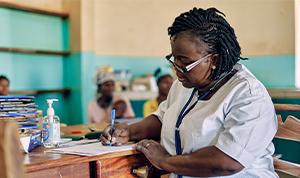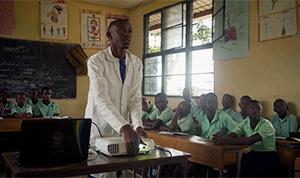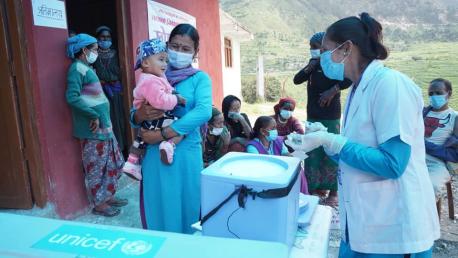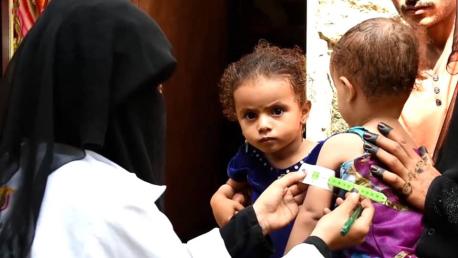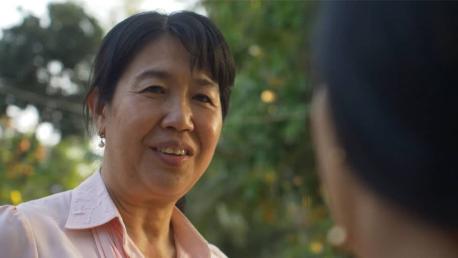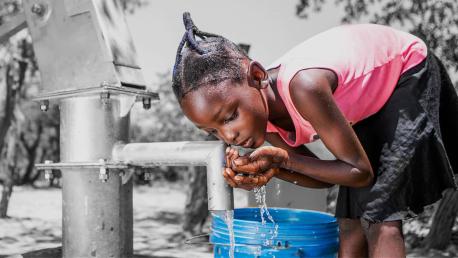
Safe Water
for Every Child
Every day, UNICEF workers brave war zones, treacherous terrain, disasters and disease to make the world a better place for kids. This includes delivering safe water, sanitation and hygiene (WASH) services and supplies. UNICEF reaches tens of millions of children every year with critical WASH support.
Kids need UNICEF more than ever:
- When children don't have access to safe water, sanitation and hygiene, it affects their health, nutrition and learning. Yet 2.2 billion people in the world live without access to safe water at home and 1.9 billion lack basic sanitation.
- Diseases linked to unsafe drinking water, poor sanitation and poor hygiene kill more than 1,000 children under age 5 every day. In conflict, diarrheal disease causes many more child deaths than violence.
- Handwashing with soap and water is a proven, cost-effective method of infection prevention and control — yet 42 percent of schools worldwide lack the supplies and facilities students need to wash hands, and only half of health care facilities globally have basic hygiene services at points of care.
- Severe drought linked to climate change fuels displacement and food insecurity, impacting children's nutrition and education and heightening risks of child marriage and child labor.
Meet Yusto Katahoire, Chief Hygienist at a Uganda health center
Why donate to UNICEF? It's a smart way to make your money go further for children:
- UNICEF gets results: Every year, UNICEF helps millions of families gain improved access to safe water services and basic sanitation.
- UNICEF innovates: With partners, UNICEF develops and installs climate-resilient safe-water services — including solar-powered water systems, which can withstand climate shocks, pump water from deeper levels below the ground, store water to mitigate against drought and enhance the overall quality of water services — making water more readily accessible to schools, health care facilities and entire communities.
- UNICEF is undeterred: Despite years of fighting in Yemen, for example, with the nation's water supply under attack, UNICEF keeps safe water flowing to millions of people while delivering essential hygiene supplies.
- UNICEF knows keeping girls in school means meeting their hygiene needs: Through UNICEF programs, millions of girls and women in need receive emergency menstrual health and hygiene supplies, including essentials like sanitary pads and tampons, pain medication and soap.
